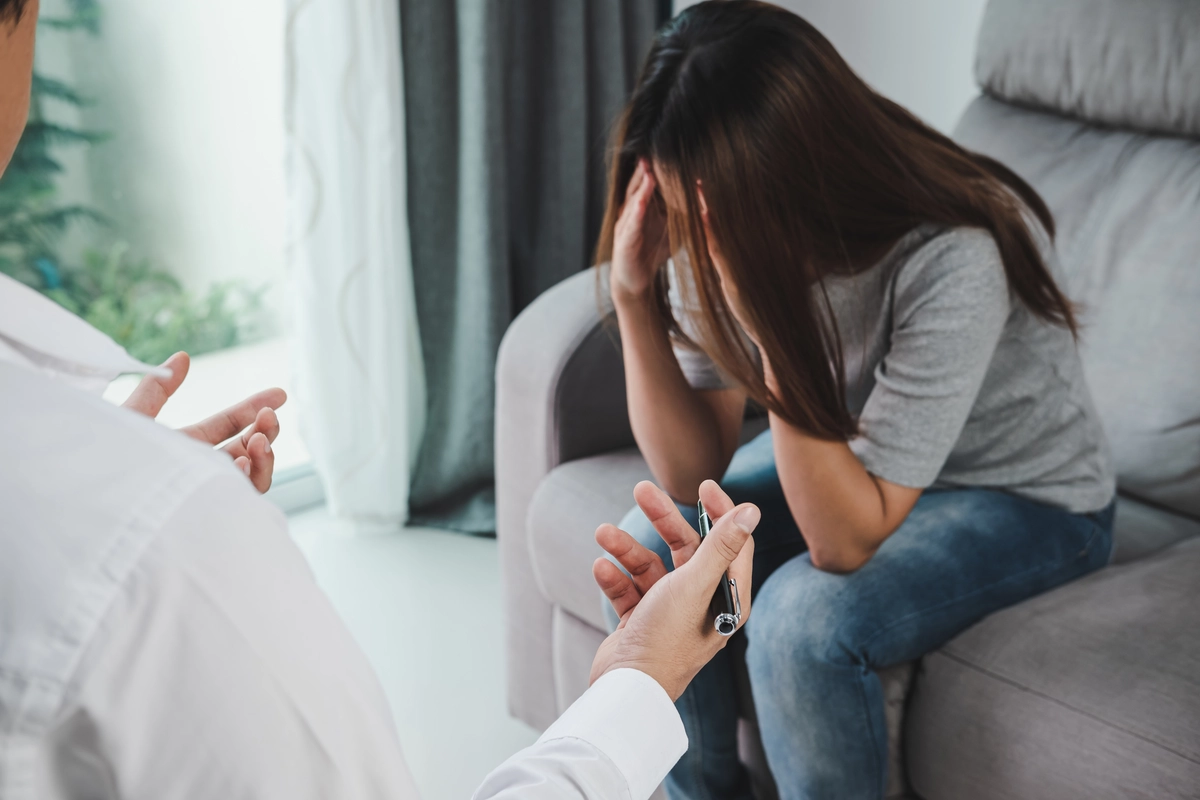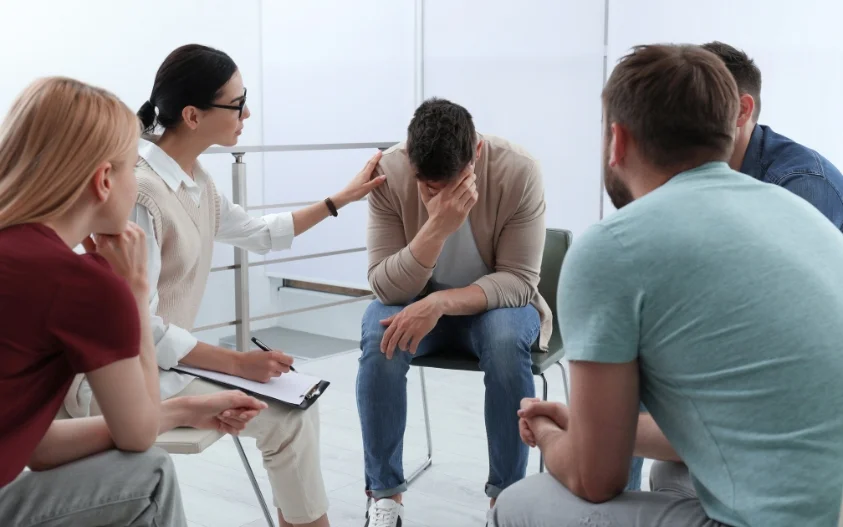24/7 Helpline:
(866) 899-221924/7 Helpline:
(866) 899-2219
Learn more about Opioid Rehab centers in Washington Boro
Opioid Rehab in Other Cities

Other Insurance Options

Humana

Amerigroup

PHCS Network

Coventry Health Care

Sliding scale payment assistance

CareFirst

Anthem

Medical Mutual of Ohio

AllWell

Excellus

CareSource

Ambetter

Meritain

Multiplan

Premera

Access to Recovery (ATR) Voucher

MHNNet Behavioral Health

Lucent

Health Choice

United Health Care







The Gate House for Women
The Gate House for Women is located in Mountville, Pennsylvania. The Gate House for Women offers ext...

The Gate House for Men
The GateHouse for Men is a structured recovery residence for adults, located in Lititz, Pennsylvania...

Pennsylvania Counseling Services
Pennsylvania Counseling Services - Main Street is dedicated to provide mental health and substance a...

Blueprints for Addiction Recovery
Blueprints for Recovery is a luxury rehab serving the Mount Joy, Pennsylvania area. They offer one-t...


















































































































































































































































































































































































































































































































































Wellspan Community Hospital – Behavioral Health Services
Wellspan Community Hospital – Behavioral Health Services is a private rehab located in Ephrata, Penn...

HSA Counseling
HSA Counseling was a private rehab located in Ephrata, Pennsylvania. HSA Counseling specializes in t...

PA Health Management
PA Health Management is an outpatient rehab located in Ephrata, Pennsylvania. The New Facility from ...

Atlantic Rehabilitation Team
Atlantic Rehabilitation Team is a private rehab located in Lititz, Pennsylvania. Atlantic Rehabilita...




















































































































































































































